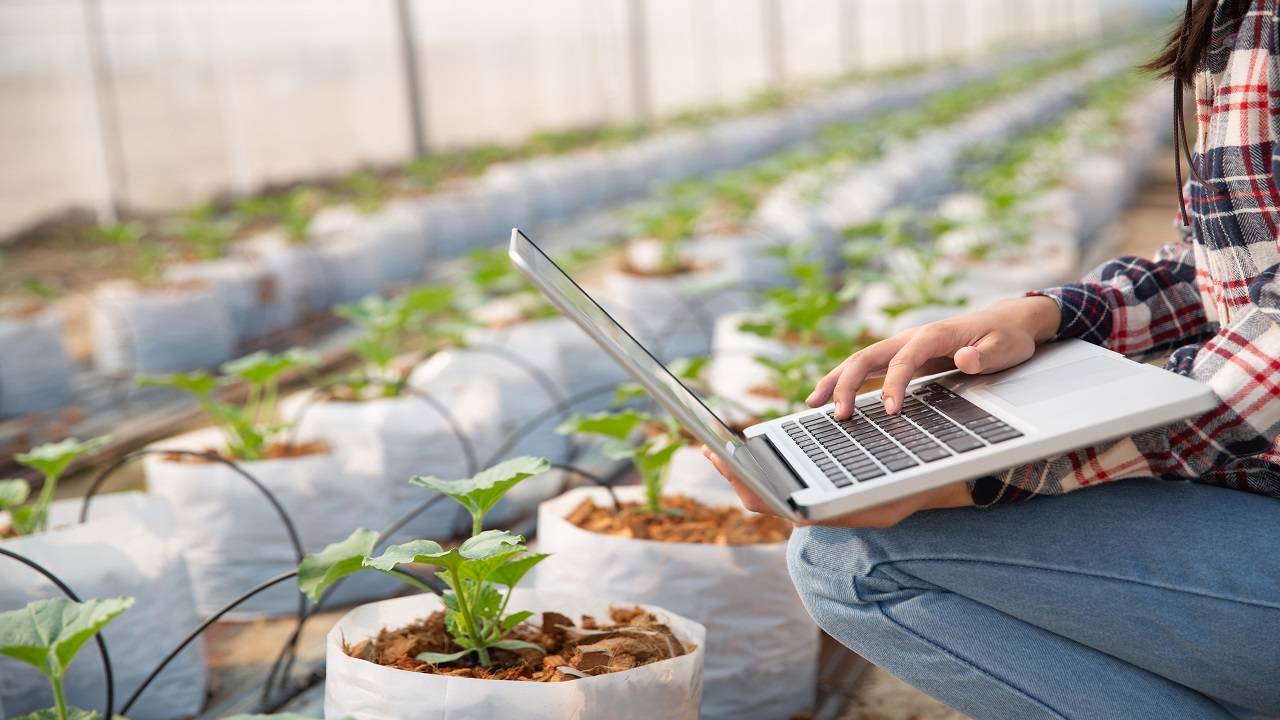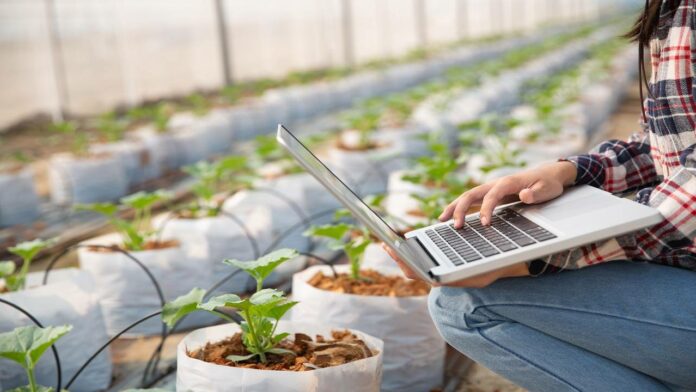-
Home -
Crop care
Data science can be a powerful tool for farmers to improve their agricultural practices, increase yields, reduce costs and make more informed decisions. Here are some ways in which data science can be applied to benefit farmers.

Data science is a field of research that uses scientific approaches, algorithms and technology to extract valuable information and insights from data. In agriculture, data science enables agronomists to collect, evaluate, and apply data from diverse sources such as soil quality, weather conditions, crop data, and market trends. This helps agronomists make more informed decisions and improve the efficiency of their practices. Additionally, data science empowers agronomists to uncover new patterns and connections that may otherwise remain hidden or undiscovered.
Some effective ways in which data science can be applied to benefit farmers.
-
Crop yield forecast: Data science can analyze historical data on weather, soil conditions, and crop performance to predict future yields. This information helps farmers make planting and harvesting decisions and optimize resource allocation.
-
Weather forecast: Accurate weather forecasting can help farmers plan their activities, such as planting, harvesting, and irrigation, more efficiently. Data science models can provide local weather forecasts based on historical data and current conditions.
-
Soil Health Analysis: Soil sensors and data analysis can provide insight into soil moisture levels, nutrient levels, and pH levels. Farmers can use this information to determine the correct amount of fertilizer and irrigation needed for their crops.
-
Detection of pests and diseases: Image recognition and machine learning can be used to detect pests and diseases in crops. Early detection allows targeted treatment and reduces the need for broad-spectrum pesticides.
-
Healthy Agriculture: Data science can enable precision agriculture, where farmers use GPS and sensor data to precisely manage the use of resources such as water, fertilizer and pesticides. This reduces waste and increases crop productivity.
-
Market Analysis: Farmers can use data science to analyze market trends and demand patterns. This helps them decide which crop to grow and when to sell at the best price.
-
Supply chain optimization: Data science can be applied to optimize the supply chain, including logistics and transportation, to ensure that crops get to market efficiently and with minimal losses.
-
Livestock Management: For livestock farmers, data science can be used to monitor animal health and welfare. Sensors and data analysis can detect early signs of disease or discomfort.
-
Maintenance of farm equipment: Predictive maintenance models can help farmers keep their machinery in good working condition. Data analysis can predict when equipment is likely to break down so that maintenance can be carried out before a breakdown occurs.
-
Financial Planning: Data science can help farmers in financial planning by analyzing costs, revenues, and risks associated with different crops and practices.
To Implement data science on the farm, farmers can take the following steps:
-
Data Collection: Start by collecting data related to your farm, including weather data, soil data, and crop performance data. Use sensors and data loggers where necessary.
-
Data Storage: Store collected data securely and systematically, either on-farm servers or cloud-based platforms.
-
Data Analysis: Employ data scientists or use data analysis tools to analyze the data collected. Machine learning and statistical models can provide valuable insights.
-
imagining: Create visualizations and dashboards to make data more understandable and actionable.
-
Implementation: Use the insights gained from data analysis to make informed decisions and adjustments to your farming practices.
-
Continuous improvement: Continuously collect and analyze data to improve your farming techniques and improve performance over time.
By leveraging data science, farmers can make data-driven decisions that lead to higher yields, lower costs and more sustainable and productive agricultural operations. How to use data science for farmers
First Published: 05 Oct 2023, 12:08 IST
Take the quiz.
Show your support for agrijournalism.
Dear Patron, Thank you for being our reader. Readers like you are our inspiration to advance agri-journalism. We need your support to continue delivering quality agri journalism and reach farmers and people in every corner of rural India.
Every contribution is valuable for our future.
